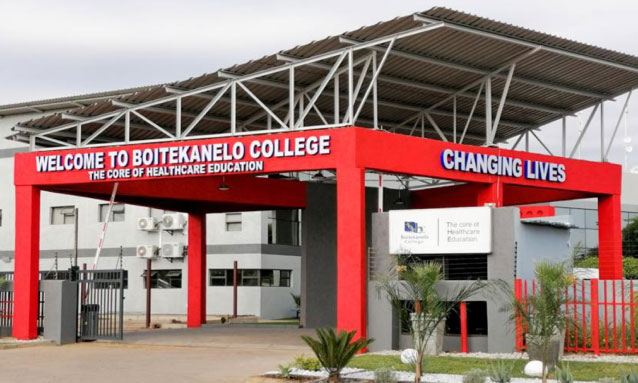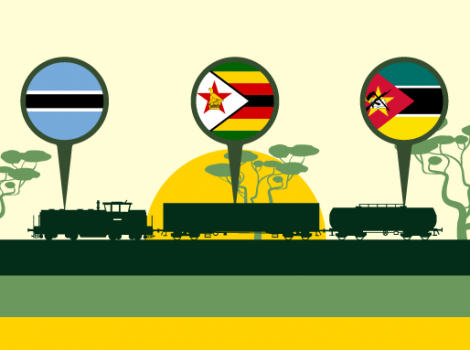
2 May 2025
Boitekanelo College has introduced the P4,000 minimum wage for its employees, making it one of the first private learning institutions in the country to implement such a standard.
The announcement has drawn reactions from government officials and the public at large, amidst ongoing national discussions about fair wages. Speaking at an event at the college’s Tlokweng campus, Minister of Labour and Home Affairs, Pius Mokgware said Boitekanelo had shown that paying a living wage was possible.
“The government is proud of you, Boitekanelo College,” he said. “This is a practical step towards bridging the gap between the rich and poor.”
He urged workers to use the increased income responsibly, suggesting investment in education and skills development. The wage adjustment will benefit around 40 workers, mainly cleaners and grounds staff.
“As cleaners, we always work hard to ensure the college is clean. We are excited to finally see our efforts recognised,” said a representing the workers, Matlhodi Modukanele.
Boitekanelo College founder and president, Dr Tiroyaone Mampane, said the new salary structure was based on principles of human dignity, productivity, nation-building, and alignment with global development goals.
“Every individual contributing their labour deserves a wage that transcends basic survival and upholds dignity and respect,” he said.
Mampane described fair wages as a strategic investment, stating, “Well-compensated employees are more productive, innovative, and loyal.”
The college has also introduced a revised internship programme. All interns will now receive a minimum stipend of P4,000, structured mentorship, and performance evaluations.
Mampane said the changes were designed to dismantle exploitative practices and prepare students for long-term success. Boitekanelo currently employs about 240 staff members, including interns. Since its establishment, the institution has deployed over 7,000 graduates into Botswana’s public and private health facilities, with an absorption rate of 89%, mainly in healthcare-related fields.
Mampane noted that the wage policy contributes to several Sustainable Development Goals (SDGs). They include SDG 1 on eradicating poverty, SDG 8 on promoting decent work and economic growth, and SDG 10 on reducing inequality.
Tlokweng Member of Parliament, Phenyo Segokgo, also addressed the gathering, stating, “This is the Botswana we promised. This is the Botswana we are making.”
He called on more institutions to align their employment practices with national aspirations for social and economic equity. Whilst Boitekanelo’s decision was welcomed by many, some labour analysts pointed out that isolated measures may have limited impact without broader sector-wide reforms.
Mokgware acknowledged this concern, stating, “We remain committed to fostering a culture of social dialogue in wage determination across all sectors.”
Source: https://rb.gy/34xkcz



